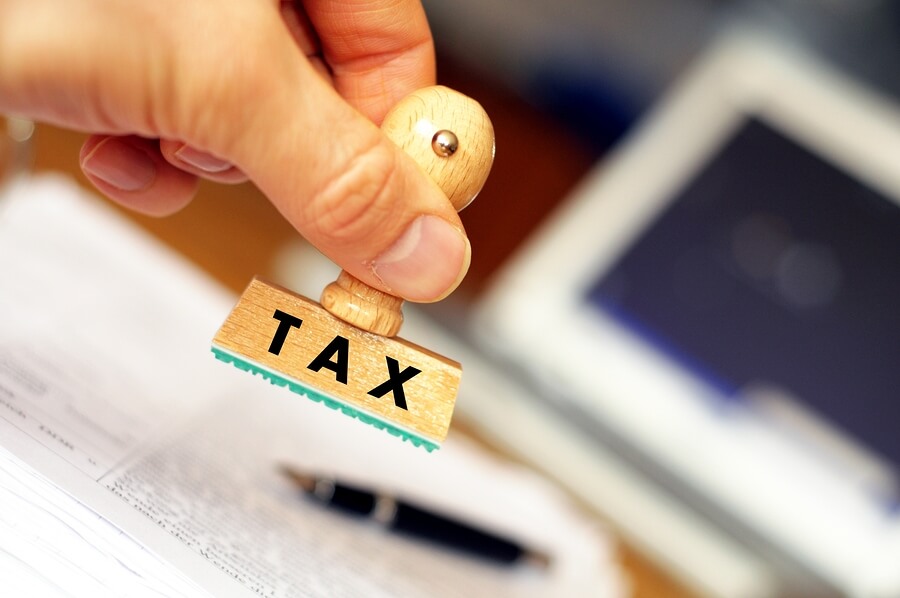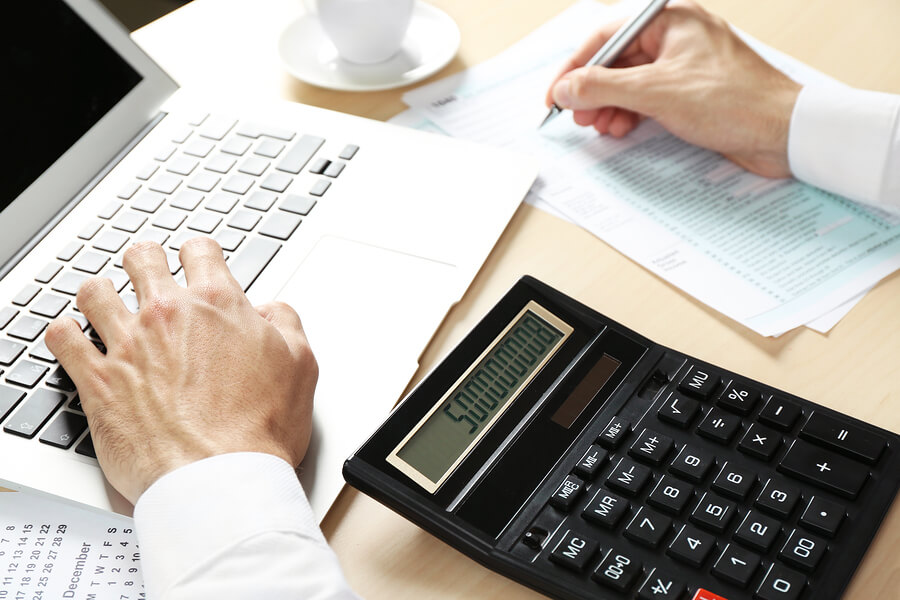With the UK’s paper tax return deadline on October 31st fast approaching, many people and businesses find themselves scrambling to get their affairs together in order to ensure that they will be tax compliant for the coming financial year.
While millions of Britons wait until the very last minute to send their tax returns every deadline day, this is not a recommended course of action. The old adage says, “Fail to plan, plan to fail” with good reason; a record 870,000 people missed the midnight cut-off point for filing their tax returns in the year 2015.
One of the main reasons for people missing out on a tax return deadline is that many are not aware that they are required to submit self-assessed returns before a specific date. To allay such confusion, we have put together the most important points that you need to know.

Who Has to Send Self-Assessed Tax Returns?
- self-employed (you can claim back on a large number of business expenses)
- you received more than £2,500 in untaxed income (e.g. the renting of properties)
- your yearly income from savings and/or investments was worth over £10,000 before tax.
- you profited from the sale of shares or assets such as a second home (i.e. a house or apartment which is not your primary place of residence)
- you garnered an income of more than £10,000 (before tax) in shares
- you acted as a company director (those who were directors of non-profits or charities, and did not receive any remuneration, neither monetary or benefits-in-kind, are exempt)
- you and/or your partner’s income was over £50,000 and you paid Child Benefit.
- you received taxable income of over £100,000.
- you received income from abroad which was not taxed in its country of origin.
- you lived abroad while receiving an income from the UK.
- you acted as a trustee of a registered pension scheme or trust.
- you received a P800 which stated that you did not pay enough tax during the previous tax year and said deficit has yet to be repaid voluntarily.
- You started receiving a State Pension on or after the 6th of April, 2016 and it was your only source of income, but it exceeded your Personal Allowance.

Important Tax Return Deadlines
- Paper Tax Returns – October 31st, 2017 (midnight)
- Online Tax Returns – January 31st, 2018 (midnight)
- Owed Tax Payment Deadline – January 31st, 2018 (midnight)
- Advance Payments Deadline – July 31st
What Penalties Are There for Late Tax Returns?
In the event where someone sends in their self-assessed tax returns after the deadline has passed, they will receive a fine of £100. The £100 fine is for those who submit their returns up to 3 months after the deadline has passed. Returns which are issued more than 3 months after the deadline are subject to further fines. In addition, late payment of fines will incur additional penalties. These can vary based on personal circumstances and can be appealed.
It is also worth noting that you may be subject to the above penalties if a partnership tax return is issued after the deadline.
What Personal Information You Need When Filling Out Tax Returns
When filing out any tax returns, it is always good practice to ensure that you have all relevant personal information to hand, as this will save time and prevent unnecessary stress when the deadline starts looming.
The following personal information is required when filling out a self-assessment tax return in the UK:
Employment Income:
All taxable wages (and non-state pension income) need to be declared. P60 forms which relate to current employment as well as P45 forms which relate to jobs which were left in the past financial year will be needed. It may also be necessary to provide a Form P2 PAYE (if applicable), payslips and bank statements from the taxable period as well.
Rental Income:
If you gain any income from the rental of properties, this will need to be fully disclosed as part of your self-assessed tax returns. In addition to income (i.e. rent), bank statements and letting agreements must be submitted. Expenses can also be submitted here, but will need to be separated in terms of type; repairs, replacements, home improvements etc.
Savings Income:
Any income brought about via savings interest will need to be declared. These must be noted in their pre-tax form (some savings schemes provide data with tax already deducted, so care should be taken to ensure that the correct monetary value is submitted).
Self-Employed Income:
Those who are self-employed will need to provide a complete summary of all business income and expenses, along with any relevant supporting documentation, such as receipts, sales invoices, bank statements, cash books and HP agreements.
Social Security Benefits:
Those who state received any benefits during the financial year will need to provide a letter from the DWP outlining taxable benefits (this includes state pensions). Those on Jobseekers Allowance will need to file a P60U form.
Capital Gains:
Contract notes pertaining to the purchasing and sale of capital gains, including shares and antiques, must be declared before the tax deadline as these are considered financial assets.
Additional Information:
The above list is not exhaustive, so additional information may be needed in some cases. Should your tax return be subjected to an enquiry, you may need to explain your income as well as certain lifestyle expenditure.
Among the additional information which you may be required to provide upon enquiry includes:
- Documentation pertaining to loans (both made and received)
- Documentation pertaining to cash gifts (made and received)
- Records of betting / gambling wins.
Such records will need to be kept for at least 12 months after a self-assessed tax return is filed. However, in cases where fraud is suspected by the HMRC, records dating back as far as 20 years may be investigated.
How to Send Tax Returns with A Fax by Email Service
Due to the highly sensitive nature of the personal information which is sent as part of a tax return, the utmost care must be taken in terms of data protection and security. Having such important data falling into the wrong hands could result in serious repercussions, from a loss of privacy to identity theft.
With the above in mind, many are tentative when it comes to submitting such important information over email and traditional post. Fortunately, there is a safe and secure option available in the form of online faxing.
With eFax, your tax returns can be sent using confidential SSL and TLS protocols, meaning you get the security of faxing combined with the quick efficiency of email. This will ensure that your tax returns can be submitted in time for the October deadline.
If you register for a free eFax account today, you’ll be able to get your tax returns sent safely over a secure fax service in time for the upcoming deadline on October 31st.